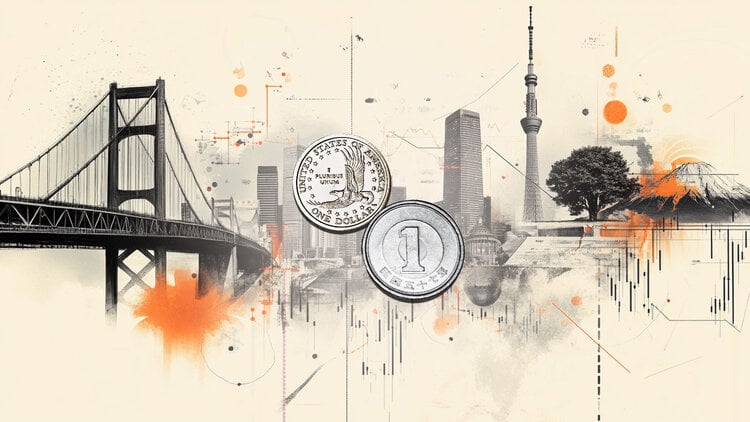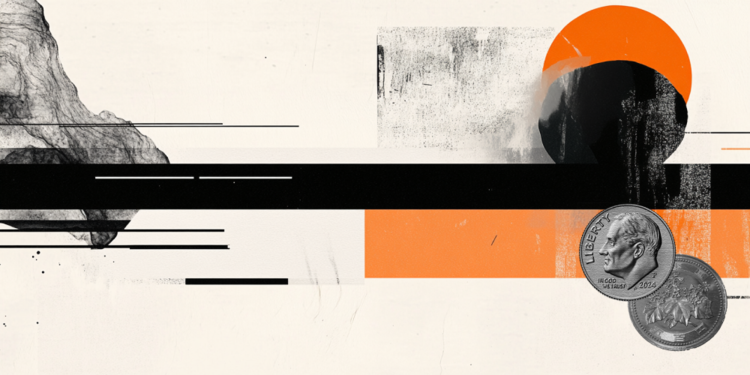We know from experience that music is an integral part of our lives. Often, a particular melody brings tears to our eyes while some other chords trigger adrenaline rushes and excitement. And that’s not to mention the times when music is a companion when performing tasks such as working, driving or studying.
Now, PhD student Yiren Ren of the School of Psychology at Georgia Tech has turned this insight into a research topic. The result is two studies that explore the concepts of music as an aid to learning, as well as its power to reshape old memories.
“A paper looks at how music changes the quality of your memory when you’re first forming it — it’s about learning ”, explains research supervisor Thackery Brown, in a statement. “But the other study focuses on memories we already have and asks if we can change emotions connected to them using music,” concludes the cognitive neuroscientist.
The studies were published, respectively, in the June and August issues of the journals Cognitive, Affective, & Behavioral Neuroscience and PLOS One.
Is music capable of changing moods and reshaping memories?
The authors based their research on music’s proven ability to engage brain regions associated with emotion, reward, motivation and autobiographical memory. However, unlike other neuroscience studies, they decided to investigate whether music can alter the content of memories. In other words, is it so powerful that it can change how we remember our past?
To test this hypothesis, a random group of 44 Georgia Tech students listened to movie soundtracks while recalling a difficult memory, “to see if music has the power to modulate the emotional level of their memories,” Ren explains in a statement.
The result was more than positive: the next day, when recalling those same unpleasant memories, but without musical accompaniment, the emotional tone still matched the tone of the music played the previous day.
All of this was monitored and recorded in real time using functional magnetic resonance imaging (fMRI). The team was able to witness not only the changes in brain activity in the participants, but also the overall increase in connectivity between the amygdala (which processes emotions) and other brain areas associated with memory and information integration.
“This sheds light on the malleability of memory in response to music and the powerful role it can play in altering our existing memories,” Ren concludes.
Is it possible to improve learning with music?
The second study looked at a still controversial issue, which is whether music improves or impairs memory when experienced while performing daily activities such as driving, working and, especially, studying. The goal here, says Ren, is to “probe the potential of music as a mnemonic device that helps us remember information more easily.”
To do this, the 48 study participants, aged between 18 and 24, were asked to learn a series of abstract shapes while listening to different types of music. First, Ren played a piece of music in a traditional or familiar pattern of tone, rhythm and melody. Then, he repeated the same set of notes, but out of order, in an atonal structure.
When participants listened to music that was familiar and regularly structured, i.e. highly predictable, they were able to learn and remember the sequences more quickly because their brains created a kind of “scaffolding” or structure for the new information. However, playing the familiar music irregularly made learning more difficult for the participants.
Trying to reconcile his talents as a multi-instrumentalist and neuroscientist, Ren comes to the conclusion that “These initial studies reveal that music can either help or hinder our memory, depending on its familiarity and structure”.
Hoping that the next phase of research could provide valuable insights into the development of music-based interventions for mental health and cognitive function, Ren envisions “musical therapies” for conditions such as depression and PTSD. Modulating the emotional content of memories could benefit older adults and people with dementia.
This content was originally published in Music can boost and remodel memories, study shows on the CNN Brasil website.
Source: CNN Brasil
Charles Grill is a tech-savvy writer with over 3 years of experience in the field. He writes on a variety of technology-related topics and has a strong focus on the latest advancements in the industry. He is connected with several online news websites and is currently contributing to a technology-focused platform.







